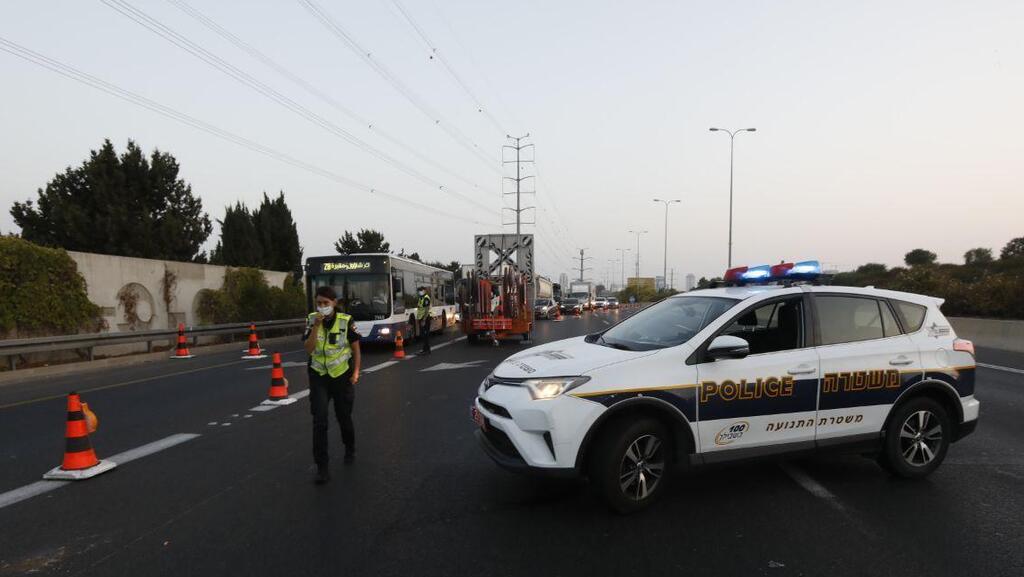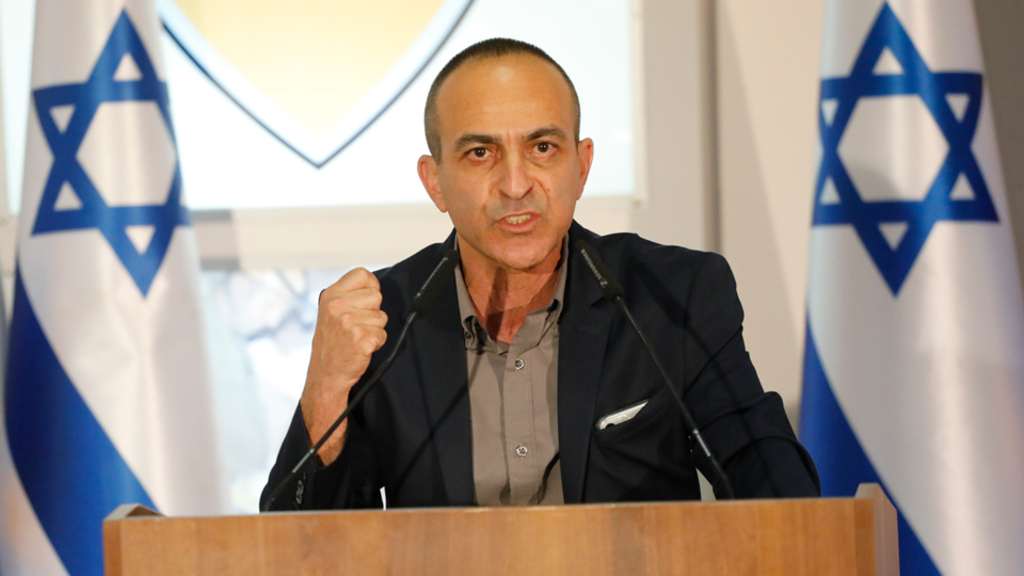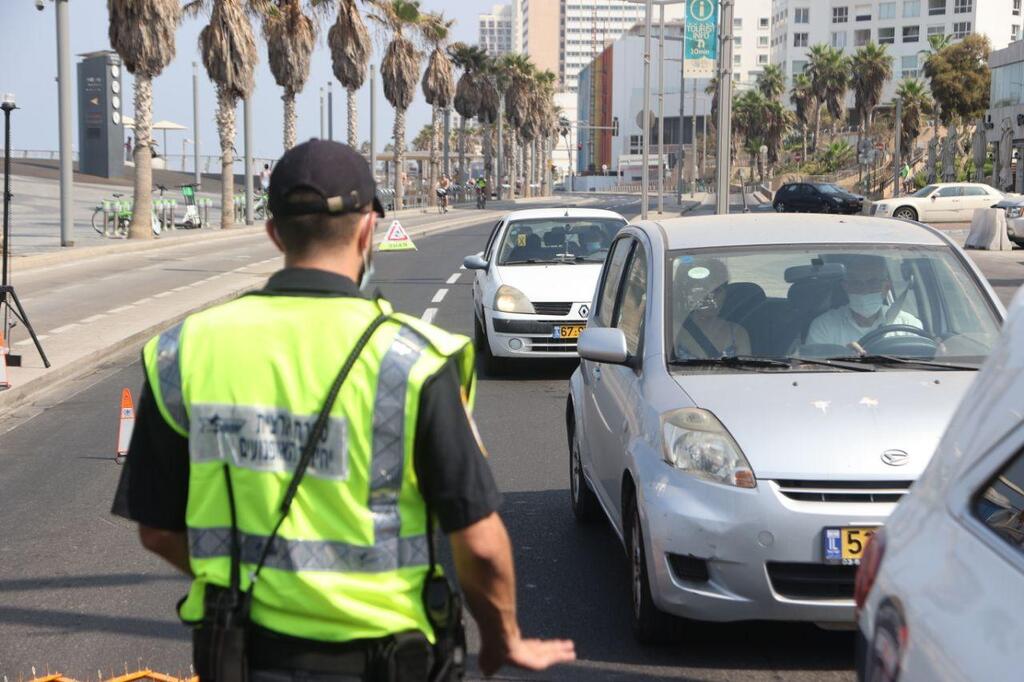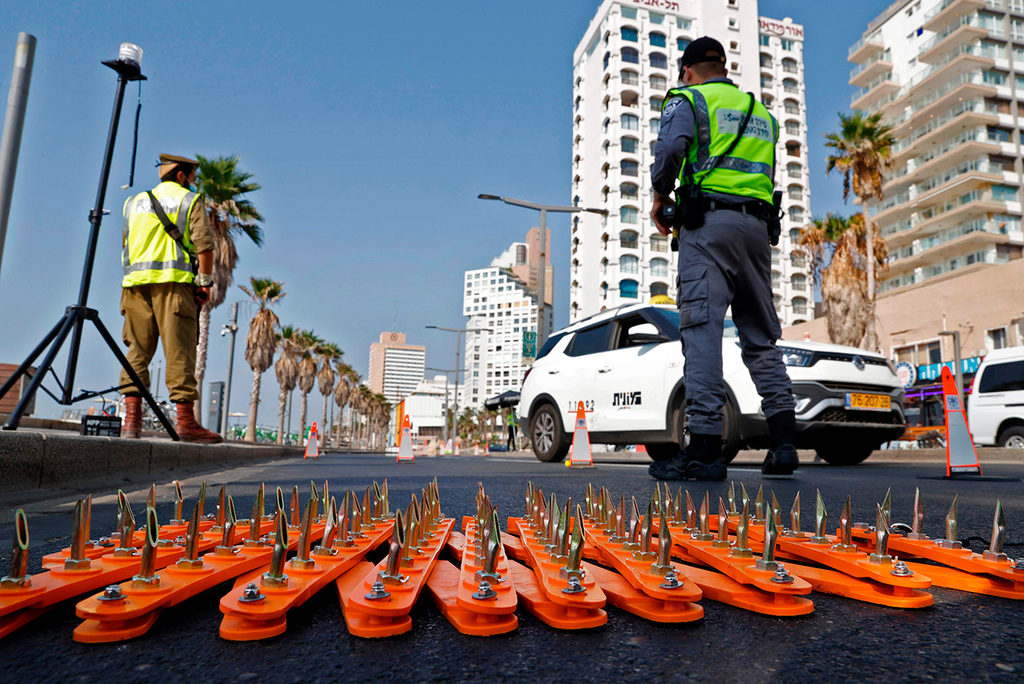Coronavirus czar Prof. Ronni Gamzu said Thursday that while he did not make the recommendation for the government to impose a tighter lockdown, he would respect the decision that he said was a warning to the public about the surging spread of the virus.
“I recommended tightening the closure, the government has made a different decision and I respect that," said Gamzu.
"It is clear that the more you close down the country, the less the infection will spread,” he said.
“The economic cost is huge, but it is in the government's power to make such a decision. [The government] did not take such a decision lightly... This will help stop the spread of the contagion."
He added: "The morbidity is very worrying. It might have been possible to close down less although it is fine for the government to make such a decision."
The tightened closure "does convey a message to the public," he said.
"If the government has reached the point at which it is imposing such a hermetic closure on all trade and the economy, it is likely that the disease is truly widespread."
Gamzu was speaking hours after the government approved a full lockdown from Friday afternoon until the end of the Jewish High Holidays in mid-October.
During an overnight government meeting that dragged out until the morning hours, ministers voted for tightening the already standing three-week lockdown and health regulations restricting public gatherings.
Despite opposition from Gamzu, Finance Minister Israel Katz and Bank of Israel Governor Amir Yaron, all "non-essential" factories and services will be shut down during the closure.
Chief Economist at the Finance Ministry Shira Greenberg warned on Wednesday that such measures would cost the economy an estimated NIS 35 billion (over $10 billion).
Greenberg also said that if the closure would be extended to a month, it is expected to cost the economy up to NIS 50 billion ($15 billion).
Outdoor prayer services and protests were limited to groups of up to 20 people and no farther than 1 kilometer (0.6 miles) from home. Synagogues will open only on Yom Kippur and are subject to the government's health directives.
With this latest ruling, the government has effectively declared a state of emergency, meaning police officers are now allowed to fine protesters who fail to observe social distancing in public spaces.
Individual sports activities were also limited to one kilometer from home.
Ministers also decided to set up an inter-ministerial committee led by Foreign Minister Gabi Ashkenazi and Transportation Minister Miri Regev that will rule on operations at Ben Gurion Airport, mainly canceling all departures besides cases of emergency.
Public transportation will be reduced to a bare minimum.
The outline for the new restriction was drafted Wednesday night by an alternative cabinet comprised of Prime Minister Benjamin Netanyahu, Defense Minister Benny Gantz, Interior Minister Aryeh Deri, Foreign Minister Gabi Ashkenazi and Justice Minister Avi Nissenkorn, bypassing the Coronavirus Cabinet.
The rest of the members of the Coronavirus Cabinet, which leads the government's response to the pandemic, and Attorney General Avichai Mandelblit were only informed of the agreement after the fact.
Israel, a country of some 9 million people, now has one of the world’s highest rates of coronavirus on a per capita basis, and health officials say hospitals are quickly approaching capacity.
The government last week imposed a nationwide lockdown that closed schools, shopping malls, hotels and restaurants.
Israel won international praise for its handling of the outbreak last spring, moving quickly to seal its borders and impose a lockdown that appeared to contain the virus.
4 View gallery


Police implementing the new lockdown measures on Route 4, one of Israel's central intercity arteries
(Photo: Shaul Golan)
But the government reopened the economy too quickly, and a new outbreak has quickly spread throughout the summer. The economy, meanwhile, has not recovered from a serious downturn caused by the first lockdown.




